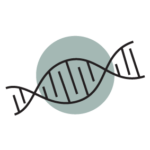Menu
Sample Required: Blood | Test Type: Genetic
Key Advantages
The Human Genome Project has confirmed significant variability in an individual’s potential for success in different sports and the associated training responses attained from specific exercise regimes.
Variation in genotypes, as expressed through DNA, has been estimated to account for 66 % of athletic success.
Despite the strength of genetic research data and the obvious notion that we are all different, most exercise programmes follow a similar formula: aerobic training for cardiovascular health and weight loss and weight training for muscle strength and weight gain. However, we now have enough scientific understanding to realise that in order to attain the most successful target training outcomes, the ratio between the power training and aerobic exercise that constitutes a training programme should vary widely between individuals. This notion applies even between different individuals seeking the same goal metric, such as fat-loss or muscle gain.
Mon – Fri 8am to 5.30pm NZT
orders@fxmed.co.nz
support@fxmed.co.nz
NZ customers
Free Phone: 0800 439 633
Free Fax: 0800 439 630
Australian customers
Free Phone: 1800 770 904
Free Fax: 1800 665 070

Please note that all products and services found on this website are available to patients through their health practitioner only.
New to FxMed? Set up your account and access leading brands trusted by practitioners in Australia and New Zealand.